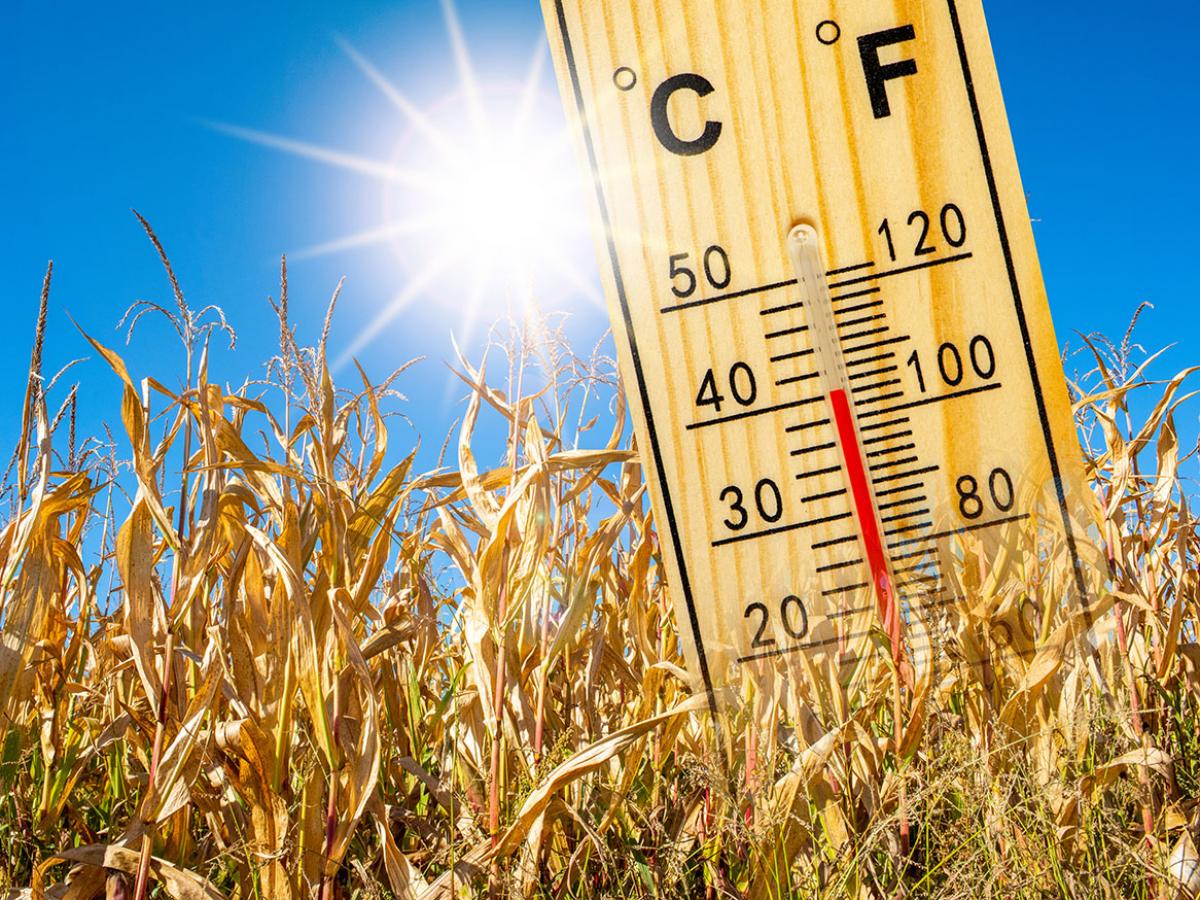Protecting vulnerable populations from the effects of extreme heat
Heatwaves cause more deaths in Australia than any other natural hazard and as global temperatures continue to increase, heatwaves are predicted to become more frequent, more intense, and longer in duration.

In South Australia, the December 2019 heatwave produced some of the hottest days on record and resulted in an alarming spike in hospital presentations for heat-related illnesses.
But these heatwaves do not affect all South Australians equally. Higher temperatures and the poor air quality associated with bushfires disproportionately affect certain high-risk groups - including the elderly, people with chronic diseases, and outdoor workers.
With heatwaves becoming more frequent, we need to ensure we protect our most vulnerable people from the dangerous effects of heat. Our health services need to be able to adapt quickly when emergencies arise, and these solutions must be supported by robust scientific evidence.
One of the central goals of the University of Adelaide’s Institute for Sustainability, Energy and Resources (ISER) is to deliver equity and prosperity for the planet and its people, and this is where the research led by Professor Peng Bi plays a key role. While it’s clear that more needs to be done to protect vulnerable populations from the effects of extreme heat, there are some significant barriers in place that make this a challenging task.
Firstly, we are missing the key scientific evidence that must underpin new solutions. We need more data about exactly how heat-related illnesses unfold, how our emergency services respond, and where things can go wrong along the way. Until we have the data that builds a clear picture of exactly what the problems are, we won’t be able to develop a solution.
Secondly, even though the most at-risk communities all contain the common thread of vulnerability, that vulnerability comes from unique underlying factors, and the communities experience these risks differently. We need to understand the intricacies of this uniqueness and tailor our solutions to each population.
Professor Bi’s team is doing the fundamental research to understand these factors, which has led to the development of new emergency response guidelines and the creation of workshops to train people who work in the relevant services. Professor Bi says that ISER has been a great support throughout this process.
“ISER has been able to connect us with people who are coming from different areas so we can discuss and get input from experts outside our field. That is quite an important part of the process.”Professor Peng Bi
“We’re also appreciative of the financial support ISER has provided. Writing a successful grant application for funding can be make or break for a research group, and with ISER’s help we’ve been able to hire a professional writer to help us with that process.”Professor Peng Bi
Professor Bi and his colleagues also have another big goal in mind: developing a national consortium on health adaptation to climate change. The proposed national consortium would be physically located at the University of Adelaide, but would incorporate support from Universities, local councils, the State and Federal Government, professional organisations, NGOs, and industry groups.
It’s in the early stages, but they hope to bring together the many groups who are working on various aspects of this problem, who all have different strengths and evidence, and coordinate the Australian research on health adaptation to climate change. The consortium will create a comprehensive network of organisations and stakeholders across all levels to identify knowledge gaps and explore innovative solutions.
With ISER’s support, Professor Bi and his team are creating evidence-based solutions to help support South Australian emergency services and protect vulnerable communities from climate change and heatwaves – and they’re only just getting started.
“These are really complex problems and systems that we’re working on. We need to work together and ensure that everyone’s voices are heard if we’re going to enact change.”Professor Peng Bi
Professor Bi is a public health researcher in the Faculty of Health and Medical Science, with experience in environmental epidemiology and ecosystem health. His research aims to better understand the health risks posed by extreme heat, characterise the systems that are in place to address those risks, and develop evidence-based approaches that improve these systems.
